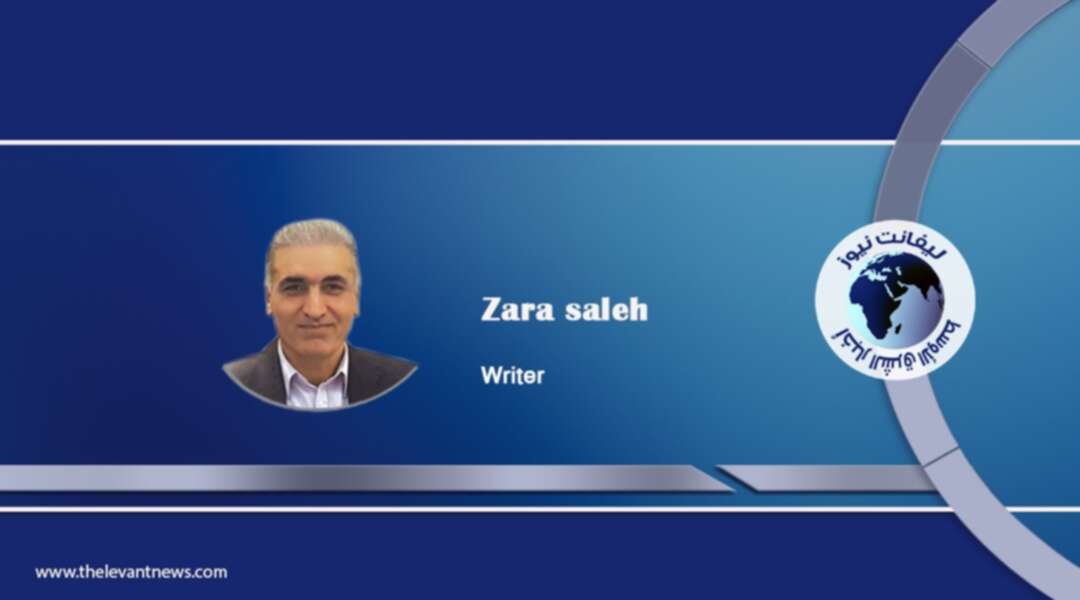-
The American-Russian battle in northeast Syria

Recently, the United States has increased its military and political presence in Syria’s Kurdish-controlled northeast areas. A days after the Russian Foreign Minister Sergey Lavrov’s visit to Syria for the first time since 2012. The Russian delegation's visit took place at the time when Moscow has led a dialogue and then signing a political agreement about the future of Syria between the Syrian Democratic Council and the People’s Will Party that led by Moscow's man Qadri Jameel.
Due to a several number of frequent interactions and incidents between American and Russian armored vehicles, the US decided to deploy the Bradley fighting vehicles in Kurdish controlled areas in northeast Euphrates that aiming to "ensure the protection of Coalition forces and continue to defeat ISIS" as the coalition spokesman US Army said that. Added to that, about 100 American troops were part of the deployment to north-east Syria, as the US troop remained to guard and protect the oil fields.
Simultaneously, the American special envoy for Syria James Jeffrey, who is well-known as Erdogan's friend, has visited the Kurdish controlled region in northeast Syria and attend the Kurdish unity negotiation that were hold in American military base near Hasakah.
Since November 2019, US has sponsored a unity talks between the Kurdish National Council and the Democratic Union Party and its allied Kurdish parties
Arguably, the US initiative to sponsor the Kurdish unity talks as well-known as the General Mazloum Abdi initiative, the leader of the Syrian Democratic Forces can be considered as part of American new strategy in northeast Syria, especially after the US decision last October to withdraw part of its troops from the Kurdish areas. Also, it can be understood as a clear political message to Russia first and rising a red card to not enter the northeast Syria. That has been more obvious after the oil deal between the American oil company Delta Crescent Energy and the Kurdish Democratic Forces.
Nevertheless, the Moscow's last minutes game and attempt, before the US election, to win the Kurdish file in Syria and to pull the Kurdish card of from US. That is why Russia had sponsored in Moscow the signing the agreement between the Kurds and the Moscow's platform led by Qadri Jameel's party. Added to that, Moscow has invited the Peace and Freedom Front to meet with the Foreign Minister Lavrov regarding the Syrian talks. The PFF has been established in northeast Syria that include the Kurds, Arab and Syriac.
Alongside that, the US special envoy J. Jaffrey's last visit in Kurdish areas can be considered as an American-Russian struggle for power in northeast Syria, and it can be understand as a James Jeffrey's attempt to ensure that the Kurdish unity negotiation should be finished before the US election and then to be as another success for President Trump.
Zara Saleh
Tags
You May Also Like
Popular Posts
Caricature
BENEFIT Sponsors BuildHer...
- April 23, 2025
BENEFIT, the Kingdom’s innovator and leading company in Fintech and electronic financial transactions service, has sponsored the BuildHer CityHack 2025 Hackathon, a two-day event spearheaded by the College of Engineering and Technology at the Royal University for Women (RUW).
Aimed at secondary school students, the event brought together a distinguished group of academic professionals and technology experts to mentor and inspire young participants.
More than 100 high school students from across the Kingdom of Bahrain took part in the hackathon, which featured an intensive programme of training workshops and hands-on sessions. These activities were tailored to enhance participants’ critical thinking, collaborative problem-solving, and team-building capabilities, while also encouraging the development of practical and sustainable solutions to contemporary challenges using modern technological tools.
BENEFIT’s Chief Executive Mr. Abdulwahed AlJanahi, commented: “Our support for this educational hackathon reflects our long-term strategic vision to nurture the talents of emerging national youth and empower the next generation of accomplished female leaders in technology. By fostering creativity and innovation, we aim to contribute meaningfully to Bahrain’s comprehensive development goals and align with the aspirations outlined in the Kingdom’s Vision 2030—an ambition in which BENEFIT plays a central role.”
Professor Riyadh Yousif Hamzah, President of the Royal University for Women, commented: “This initiative reflects our commitment to advancing women in STEM fields. We're cultivating a generation of creative, solution-driven female leaders who will drive national development. Our partnership with BENEFIT exemplifies the powerful synergy between academia and private sector in supporting educational innovation.”
Hanan Abdulla Hasan, Senior Manager, PR & Communication at BENEFIT, said: “We are honoured to collaborate with RUW in supporting this remarkable technology-focused event. It highlights our commitment to social responsibility, and our ongoing efforts to enhance the digital and innovation capabilities of young Bahraini women and foster their ability to harness technological tools in the service of a smarter, more sustainable future.”
For his part, Dr. Humam ElAgha, Acting Dean of the College of Engineering and Technology at the University, said: “BuildHer CityHack 2025 embodies our hands-on approach to education. By tackling real-world problems through creative thinking and sustainable solutions, we're preparing women to thrive in the knowledge economy – a cornerstone of the University's vision.”
opinion
Report
ads
Newsletter
Subscribe to our mailing list to get the new updates!






















